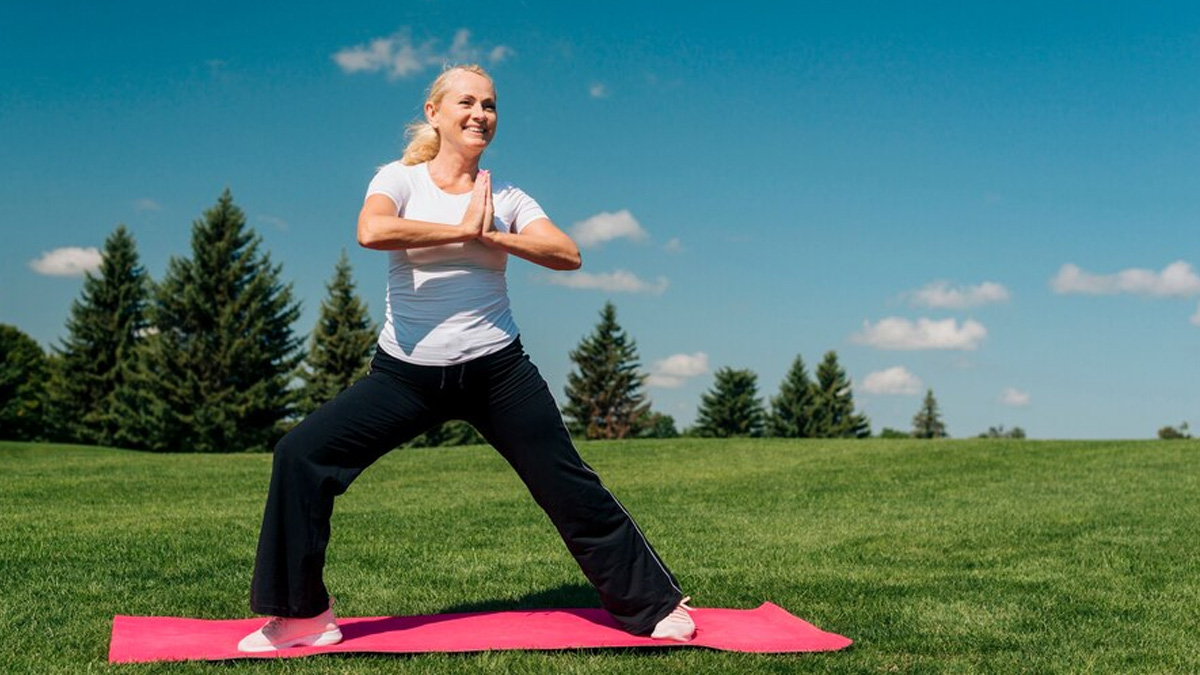
A groundbreaking study published in the International Journal of Behavioural Nutrition and Physical Activity has revealed a strong link between exercise and enhanced brain function. According to researchers at University College London, even as little as 30 minutes of moderate to vigorous physical activity can significantly boost cognitive performance for up to 24 hours. This finding underscores the profound impact of exercise on memory and overall brain health, particularly for individuals aged 50 to 83.
Table of Content:-
Our expert, Dr Devendra Kumar Singh, Senior Consultant and HOD in Respiratory Medicine at Sharda Care Healthcity, explains the connection between physical activity and brain function. “Exercise stimulates blood flow and oxygenation to the brain, which in turn supports the growth of new neurons and improves the efficiency of neural pathways. These changes contribute to better memory, focus, and overall cognitive resilience,” he says.

Key Findings From The Study
The study analysed the activity levels, sleep patterns, and cognitive test performances of participants aged 50 to 83. Researchers discovered the following:
- Participants who engaged in more physical activity than usual performed better on memory tests the following day.
- Those who spent less time sitting also showed improved cognitive outcomes.
- Getting at least six hours of quality sleep further amplified the benefits of exercise on brain health.
Also Read: #EXCLUSIVE: With Just Intermittent Fasting, Here's How Aanchal Chugh Lost Over 20 Kilos
Dr Singh highlights, “The interplay between physical activity, reduced sedentary time, and adequate sleep creates an optimal environment for brain recovery and function. Together, they act as a powerful trifecta for cognitive health.”

The Science Behind Exercise And Brain Health
When you exercise, your heart pumps more blood, delivering oxygen and nutrients to your brain. This increased blood flow stimulates the release of Brain-Derived Neurotrophic Factor (BDNF), a protein critical for the survival and growth of neurons. Additionally, exercise has been shown to:
- Reduce inflammation, a factor linked to cognitive decline.
- Enhance the brain’s plasticity, making it easier to learn and retain information.
- Boost the production of endorphins, which reduce stress and improve mood.
How To Incorporate 30-Minute Workout
You don’t need an intense workout to see improvements in brain function. Dr Singh suggests the following:
1. Try Moderate Activity
Activities like brisk walking, cycling, or swimming for 30 minutes can yield significant benefits.
2. Break Up Sitting Time
Stand or stretch every hour if you have a sedentary lifestyle.
3. Prioritise Sleep
Aim for six to eight hours of quality sleep to complement your exercise routine.
Conclusion
This study reinforces the adage that a healthy body leads to a healthy mind. Whether you’re in your 50s or beyond, it’s never too late to start reaping the cognitive rewards of exercise. Combine physical activity with reduced sedentary behaviour and adequate sleep, and you’ll be well on your way to a sharper, more resilient brain.
Also watch this video
How we keep this article up to date:
We work with experts and keep a close eye on the latest in health and wellness. Whenever there is a new research or helpful information, we update our articles with accurate and useful advice.
Current Version